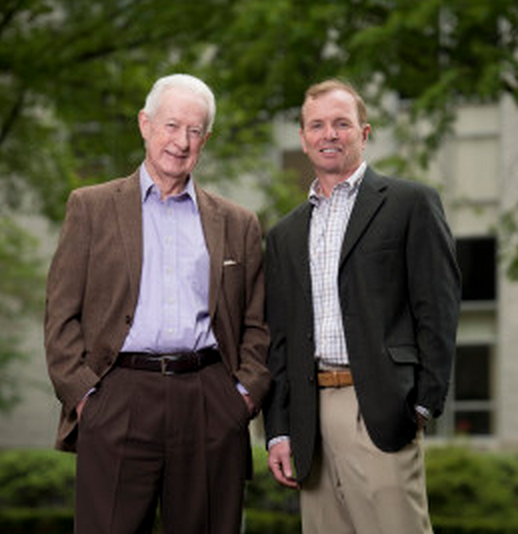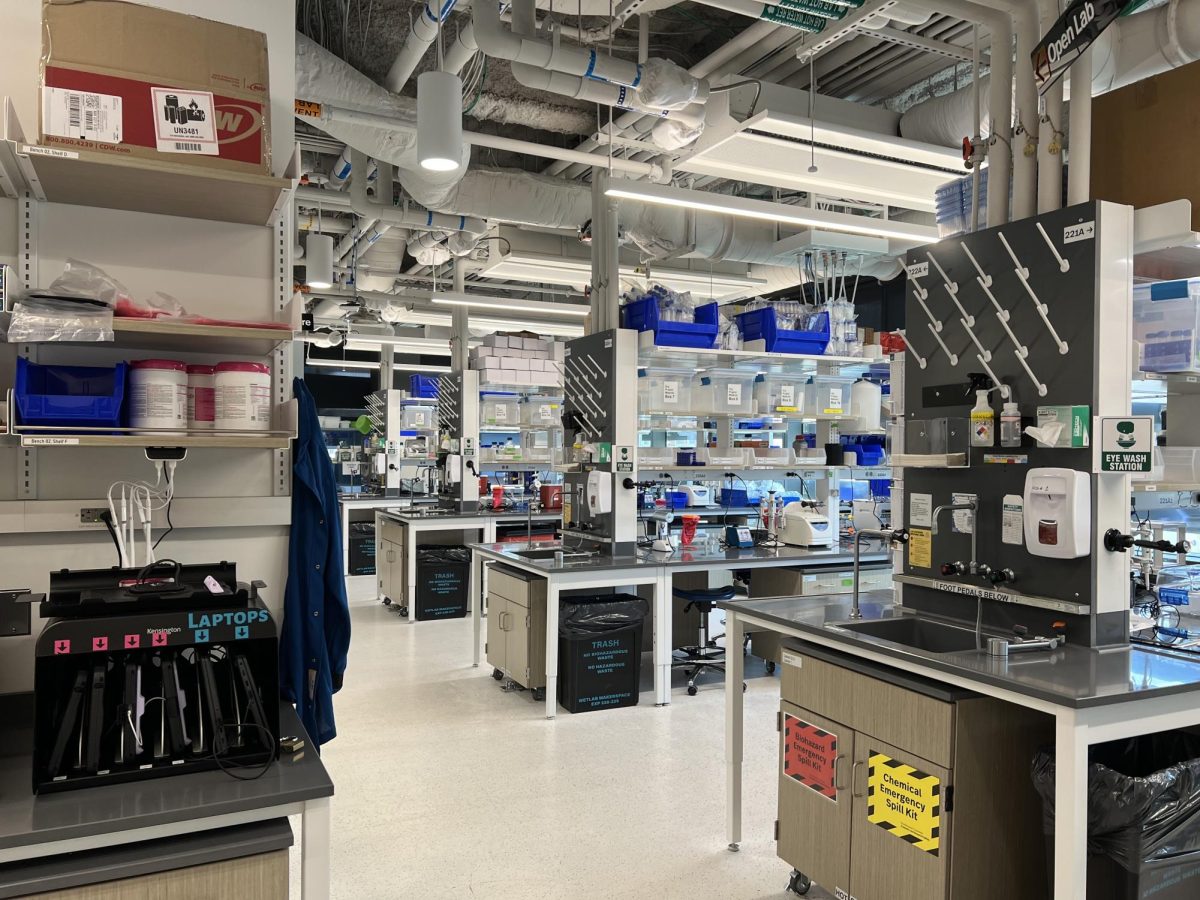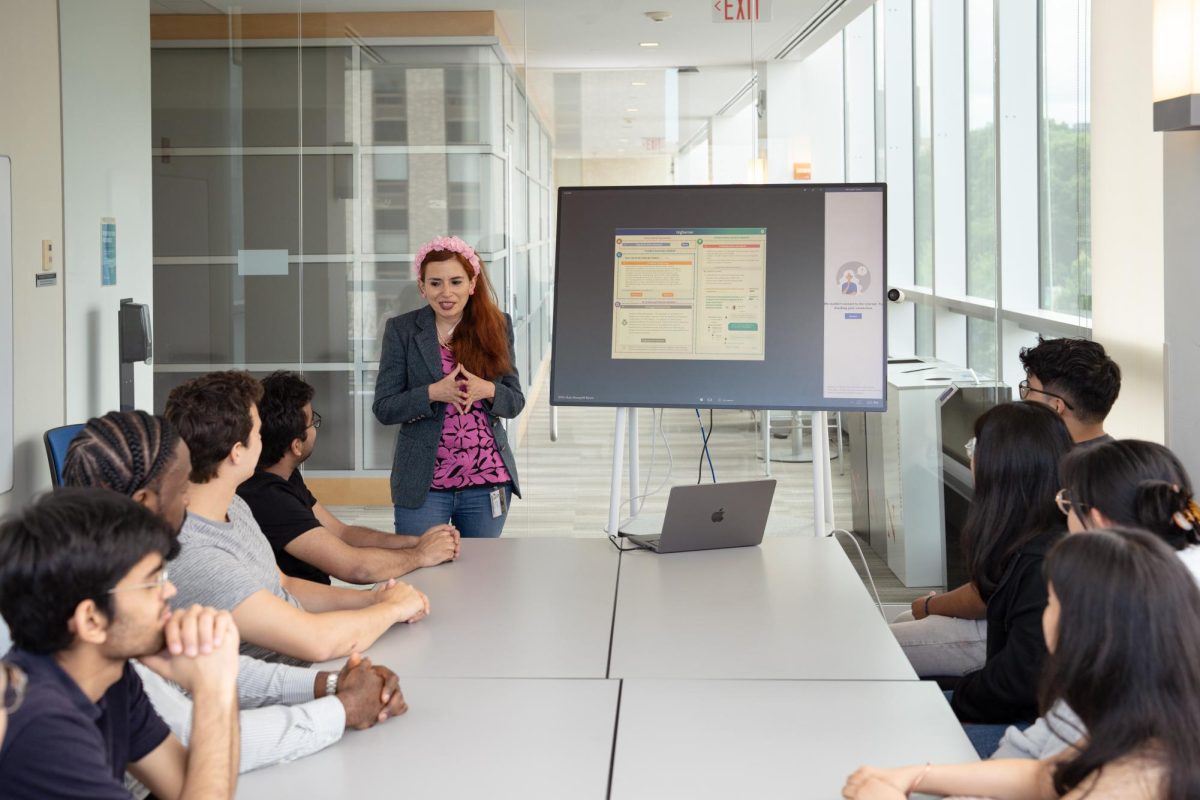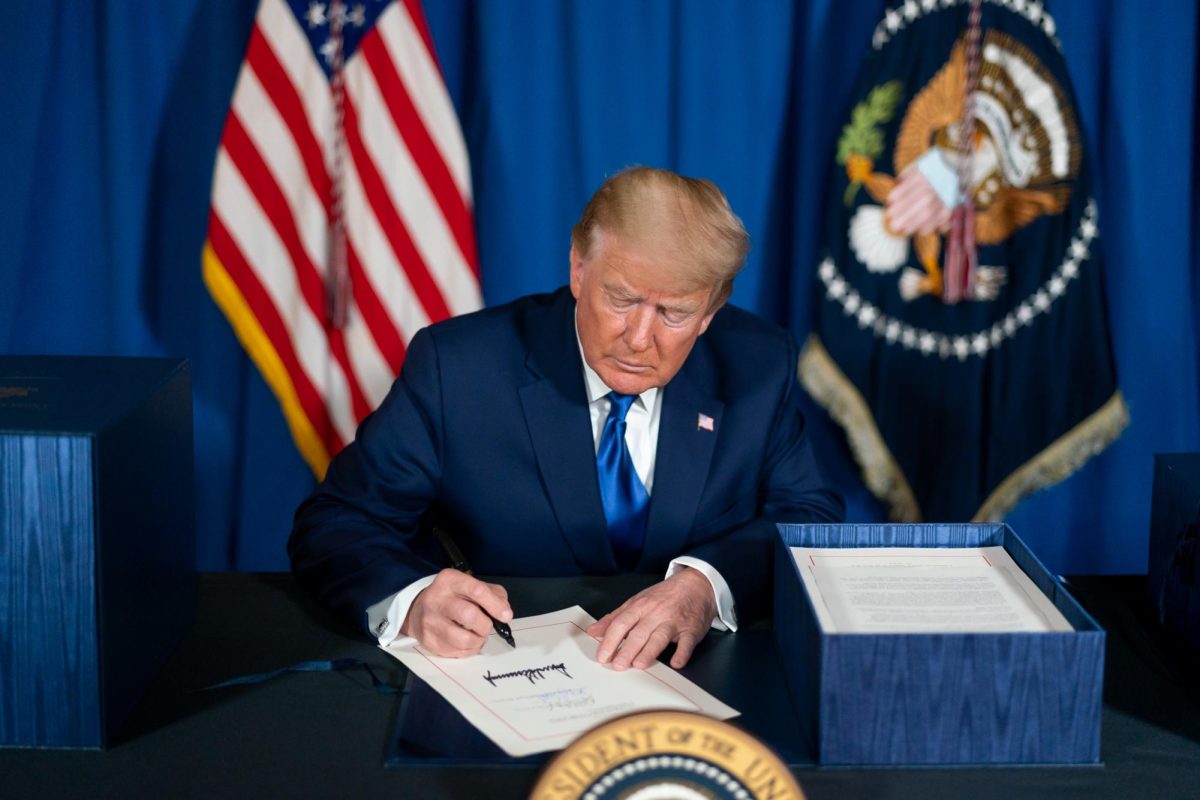By Sam Haas, news correspondent
The Daniel J. McCarthy(s) Venture Mentoring Network (VMN), a university-wide network that aims to provide the advanced guidance and industry connections that Northeastern entrepreneurs need after their companies begin to succeed, debuted on Jan. 21.
The VMN works by matching student, alumni and faculty entrepreneurs with experienced mentors, mostly alumni and their professional contacts, who have the expertise each budding company needs.
“This is a university-wide resource that will include mentors from all colleges at Northeastern,” Lauren Dibble, who manages marketing and mentoring programs at the Northeastern University Center for Entrepreneurship Education (CEE), said. “The value of that for the venture is a broad range of skills, knowledge and background to draw from. A venture can’t necessarily find everything from one person.”
Connections are facilitated at bi-monthly lunches, where innovators pitch their ventures’ basic details and needs. After hearing the pitches, interested mentors will contact the entrepreneurs they want to advise.
Housed within the Northeastern University CEE, the VMN is the latest addition to an extensive collection of resources for innovators that includes the student-run venture accelerator IDEA, Health Sciences Entrepreneurs (HSE), the Center for Research innovation, student-run design group Scout, Entrepreneurs Club and the Sherman Center for Engineering Entrepreneurship Education, among others.
“We have a good entrepreneurial innovation ecosystem, as good as any in the country and maybe anywhere,” Dan McCarthy, the Alan S. McKim and Richard A. D’Amore distinguished professor of global management and innovation and co-director of the CEE, said.
For Dan McCarthy, improving those resources and support systems was the inspiration behind a $1 million investment—made jointly with friend, venture capitalist and D’Amore-McKim School of Business alumnus Jeff McCarthy—that turned into the VMN. The network is named in honor of both Dan McCarthy’s career at Northeastern and Jeff McCarthy’s late son Daniel.
Over the last nine months, the VMN has grown from that initial investment, incorporating the mentoring components of two existing Northeastern programs: IDEA and HSE.
“[HSE has provided] some of the best practices in terms of our campus in mentoring for the past five years,” Dibble said. “Meanwhile, IDEA is a lot more scalable and high-volume, which we anticipate for the VMN.”
The VMN’s directors are also building directly on the best practices of HSE and IDEA by using its roughly 140 combined mentors as the initial mentor pool for the VMN.
That inclusion of mentors from various professional disciplines mirrors the program’s openness to ventures from across Northeastern. Such a broad, interdisciplinary focus is one of the VMN’s best qualities, according to Dan McCarthy.
“The most important thing to everybody involved is that this be a coordinated, university-wide effort because that’s the most efficient and productive way of doing it,” he said. “We want the VMN to be an umbrella.”
While IDEA, HSE and the Sherman Center coach ventures from an early stage, often giving general advice on how to start a company, the VMN aims to provide mentors with advice for specific obstacles startups may face months or years after their inception.
“This is a mentoring service for ventures that are pretty well-developed,” Daniel Gregory, co-director of the CEE, said. “[These ventures] have a business model, a few customers. They’re not just fresh out of the starting gate.”
One such company is QSM Diagnostics, Inc., whose founder Edgar Goluch was invited to the VMN’s first mentoring lunch on Jan. 21. Goluch, the DiPietro assistant professor in the Department of Chemical Engineering, founded QSM last October with former Ph.D. student Thad Webster to develop and eventually sell wearable sensors that would detect infections in users’ wounds before symptoms were present. The idea for the sensors evolved from research Goluch and Webster conducted on nanoparticles and molecules in bacterial cells and pathogens.
At last month’s event, Goluch estimated he presented to 40 or 50 potential mentors and plans to meet with six this week.
“There’s a lot of different expertise skills [QSM wants help with],” Goluch said. “I know engineering, but we need someone who understands finances, taxes, more of the medical side, regulatory—we need a team.”
To some Northeastern entrepreneurs, that advanced, team-based support has been a long time coming. In early 2014, Northeastern alumni Zac Sheffer, Justin White and Ryan Johnson, co-founders of financial technology company Elsen, realized their startup had outgrown the initial coaching it had been receiving from IDEA.
For several months, IDEA’s support had helped the startup, originally called Samurai Investments, grow from a concept into a fledgling business with a tangible product.
“When we first started, IDEA was absolutely fantastic. We had no idea what we were doing,” Sheffer, Elsen’s CEO, said.
By 2014, however, the three entrepreneurs and their coaches knew what they were doing—Sheffer had even joined IDEA as a coach himself. But Elsen still needed mentoring in some areas of its business and marketing strategy, and its founders were unsure where to turn.
Now, the VMN exists to fill that gap in advanced mentoring that Elsen was having trouble finding someone to provide.
“At a point, ventures grow out of IDEA,” Sheffer said. “The mentoring program is the logical next step. I’m super excited [about it.]”
Photo courtesy Center for Entrepreneurship Education, Northeastern University









